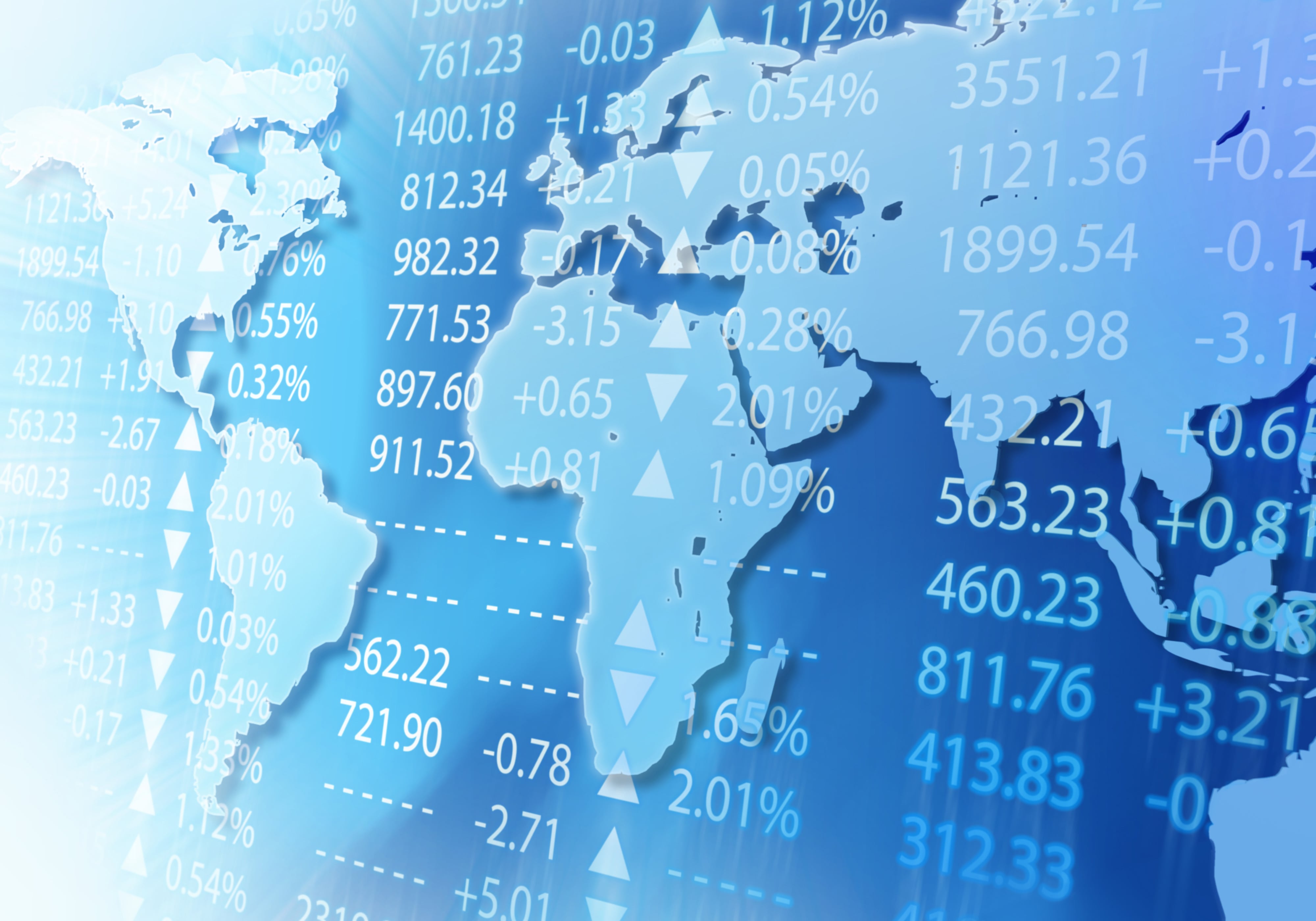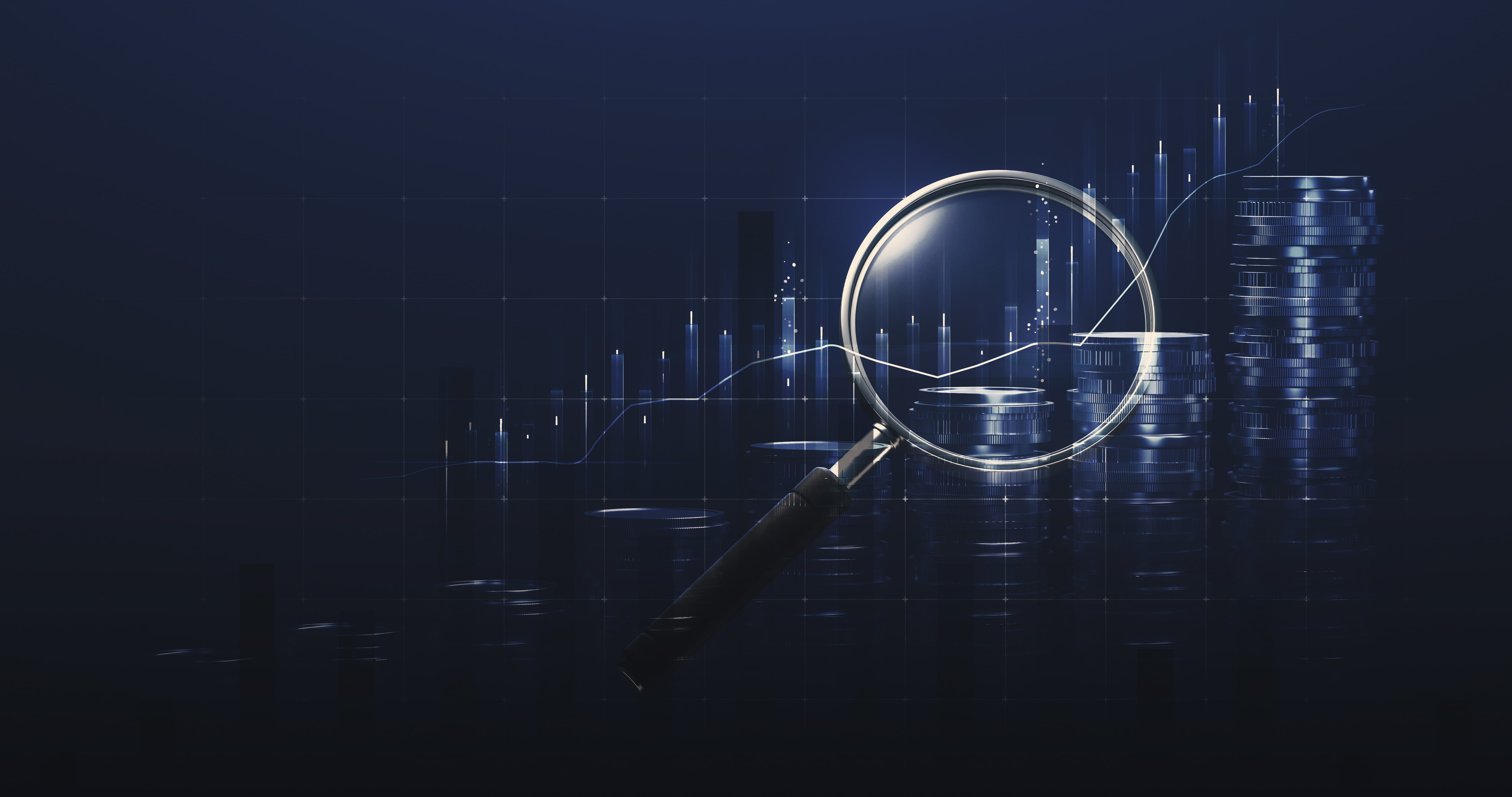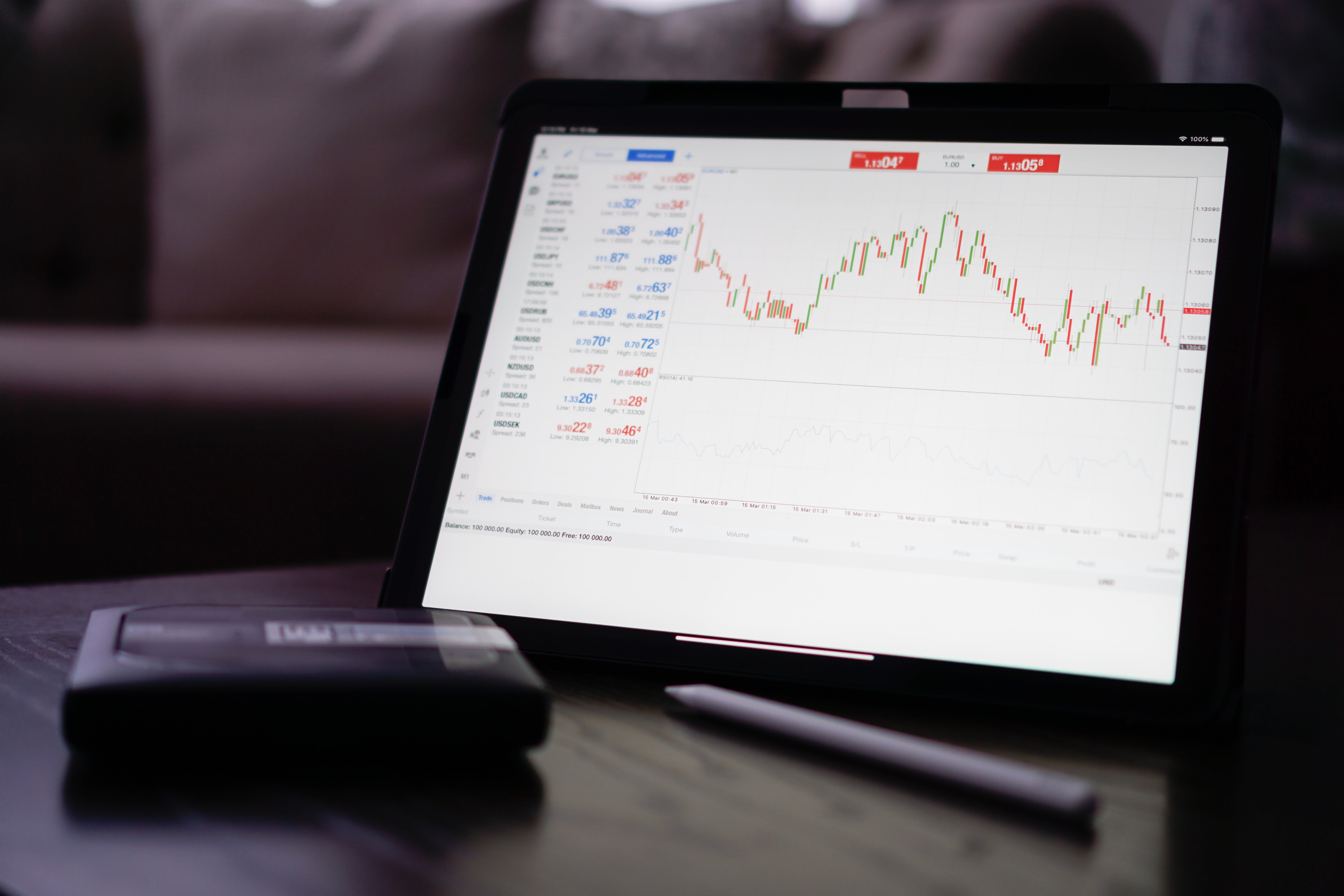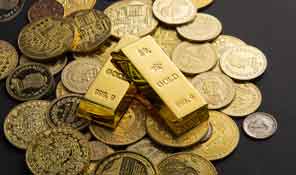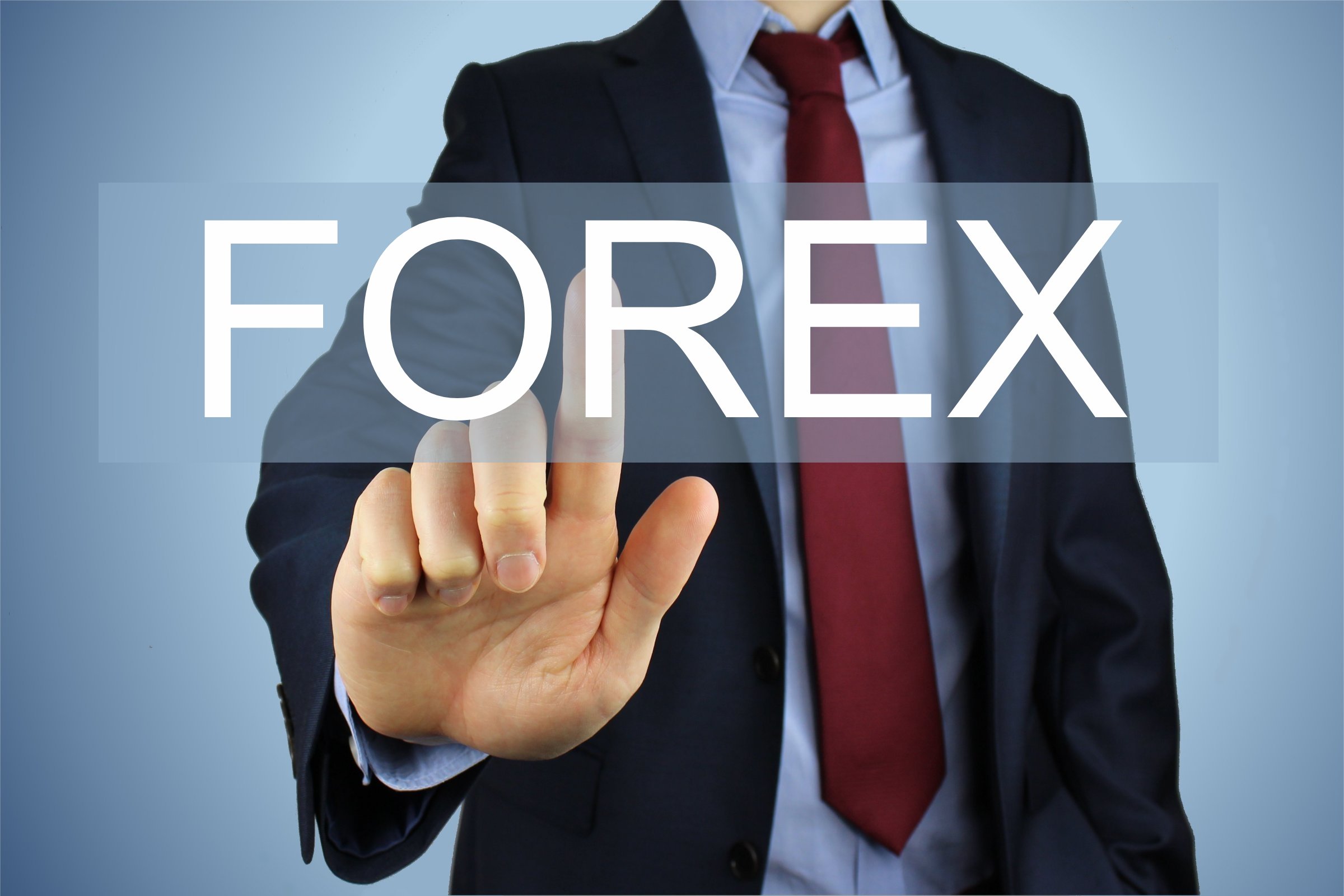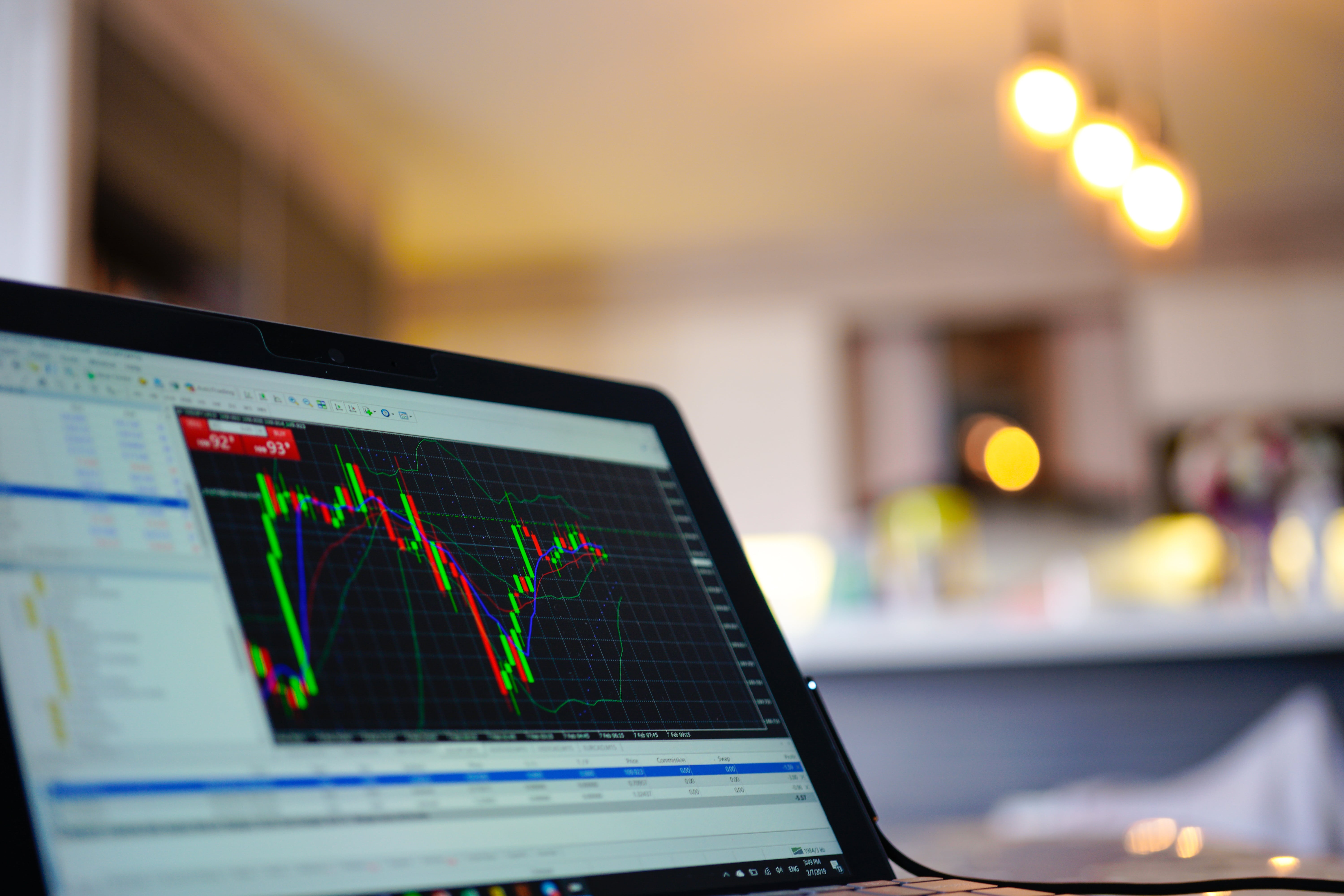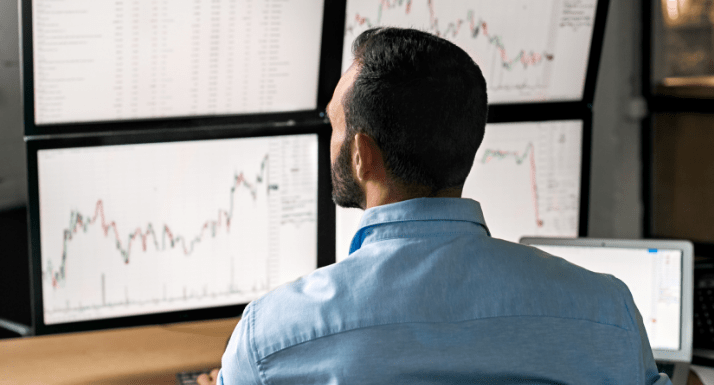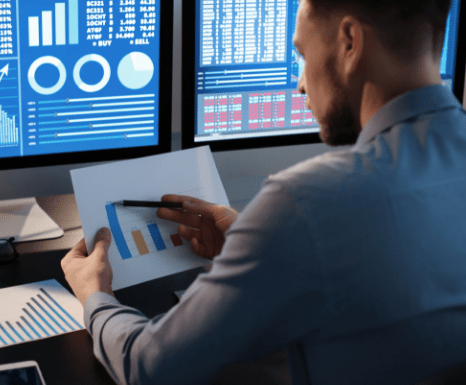ALB Limited 12.07.2022
Fundamental Analysis 101: Absolute Value
When it comes to forex trading, fundamental analysis is used to assess a currency's intrinsic value. This process examines the economic and political factors affecting the currency's supply and demand. An absolute value is one of the key concepts in this type of analysis.Absolute value is defined as a currency's numerical value without considering other factors. In other words, it is the raw price of a currency. For example, if the EUR/USD exchange rate is 1.1750, then the absolute value of the euro would be 1.1750.
While this may seem a relatively simple concept, it is important in forex trading. That's because the absolute value can determine whether a currency is undervalued or overvalued. If the absolute value is higher than what is generally considered to be fair value, then the currency is said to be overvalued. On the other hand, if the absolute value is lower than the fair value, then the currency is said to be undervalued.
Of course, determining fair value is not always an easy task. Some different methods can be used, and there is no one correct way to do it. Ultimately, it is up to the individual trader to decide what method works best for them.
Despite this challenge, understanding and using absolute value can be valuable in forex trading. It can help you determine if a currency is fairly valued and can also be used in conjunction with other indicators to make more informed trading decisions.
Forex trading is all about making money by speculating on the future movements of currencies. And one of the key factors that can affect a currency's future movements is its absolute value. By understanding what absolute value is and how it works, you can better understand how forex markets work and make more informed trading decisions.
What is the absolute value of the currency?
The absolute value of a currency is the rate at which one currency can be exchanged for another. In forex trading, currencies are always traded in pairs - so when you buy one currency, you sell another.
The value of a currency pair is determined by how much of the quote currency you would need to buy one unit of the base currency.
For example, if the EUR/USD exchange rate is 1.20, it costs 1.20 US dollars to buy one euro. Absolute value is important in forex trading because it can help traders determine whether a currency pair is overvalued or undervalued. If a currency's absolute value is increasing, it means that it is becoming more expensive relative to other currencies.
On the other hand, if a currency's absolute value is decreasing, it means that the currency is becoming less expensive relative to other currencies. Traders can use this information to make informed decisions about when to buy and sell currency pairs.
What is relative and absolute value?
In forex, relative and absolute values are two very important concepts. Absolute value refers to the actual value of a currency, while relative value measures the strength of a currency over other currencies. Relative value is often more important than absolute value when making forex trading decisions.
There are a few ways to measure relative value. One way is by looking at the price of a currency for another currency. For example, if the EUR/USD exchange rate is 1.17, one euro is worth 1.17 US dollars. If the USD/JPY exchange rate is 107.50, one US dollar is worth 107.50 Japanese yen.
Another way to measure relative value is through purchasing power parity (PPP). PPP is a concept that measures the number of goods and services that can be bought with one currency in another country. For example, if one US dollar can buy you a burger in America, and that same dollar can also buy you a burger in Japan, then the two countries have the same purchasing power.
Absolute value is important because it can give you an idea of how much actual currency you will get for your money. However, relative value is often more important in forex trading. This is because forex traders are not just interested in buying currencies but also in making a profit. And to make a profit, they need to buy currencies at a low price and sell them at a high price.
What is the Foreign Exchange Market?
The foreign exchange market is where people buy and sell currencies for profit. In other words, this is where you can make money by buying low and selling high. To understand the foreign exchange market, you first must understand money's basics. Money is a way to store value. It can be used to purchase goods and services or hold them for future use. To keep everything simple, let’s say you have $100 in cash you can invest. You can invest it in many different ways, but let’s say you use your cash to buy stock in a company.
The foreign exchange market (the Forex market or fx market) is where international investors, banks, and other financial institutions buy and sell currencies. It’s also a way for individuals to make money by purchasing low and selling high. This market is essential for anyone who wants to invest in countries outside their own country or travel frequently.
Understanding the foreign exchange market can be challenging, but it doesn’t have to be! In this article, we’ll go over everything you need to understand about the foreign exchange market. From how the market works and why it’s so popular to what risks are involved. Read on to learn about investing in the foreign exchange market.
So, if you're thinking about making a forex trade, it's important to look at the absolute and relative value of the currencies involved. Doing so will give you a good idea of whether or not the trade is likely to be profitable.
The foreign exchange market is where people buy and sell currencies for profit. It can be challenging to understand, but it's essential for anyone who wants to invest in countries outside their own country or simply travel frequently. You'll need to find a foreign exchange market where you can buy and sell currencies for profit. A few things to consider when trading in the foreign exchange market include risk, regulations, time, and energy.
